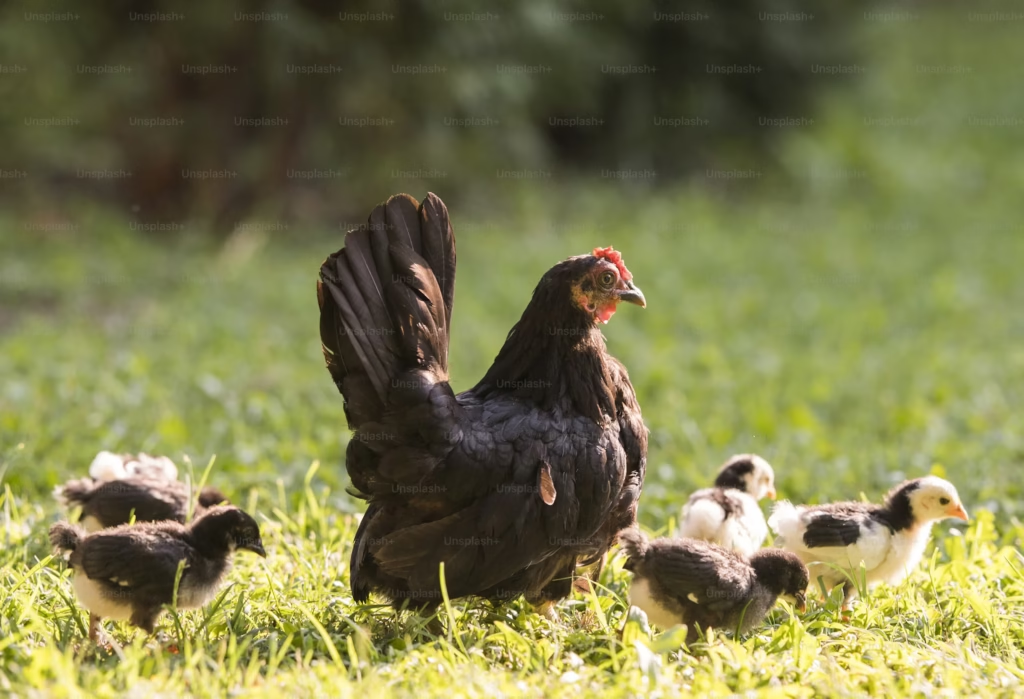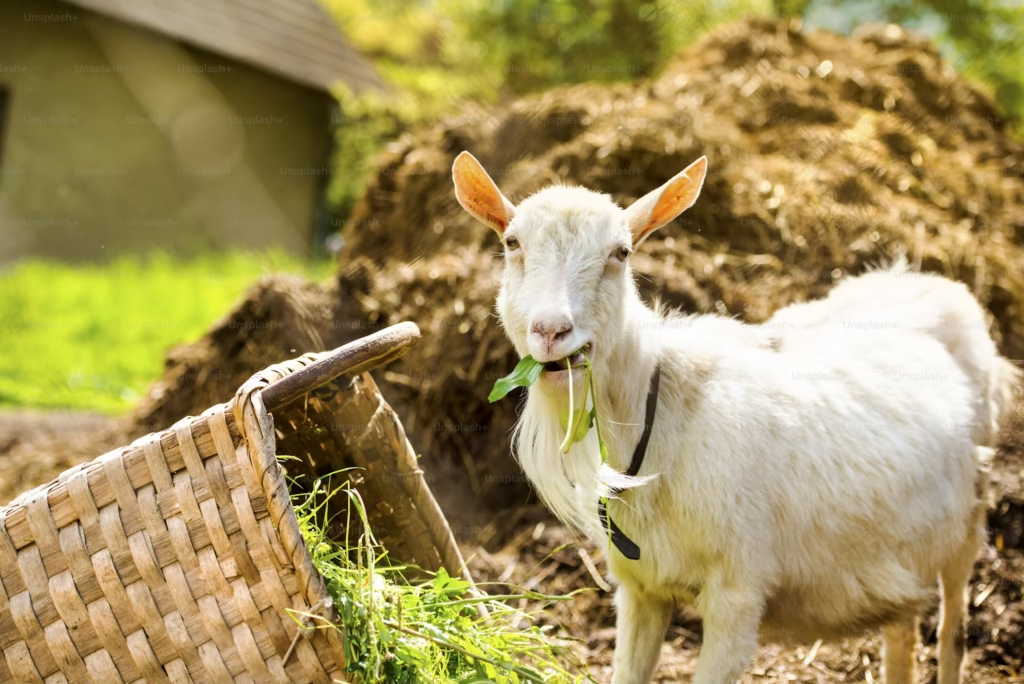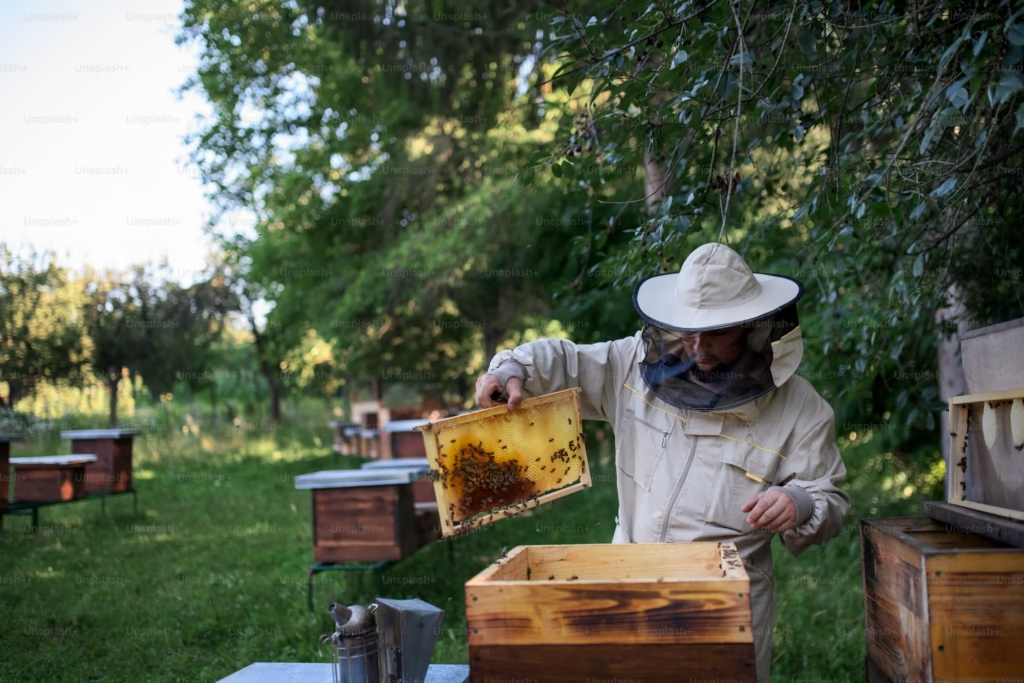
How to Start Poultry Farming: A Complete Guide
Poultry farming can be a highly profitable business, providing a steady supply of eggs and chicken meat to consumers. Whether you’re looking to start a small backyard poultry farm or a large-scale commercial operation, there are several key factors to consider. This complete guide will walk you through the steps to successfully start and run a poultry farming business.
1. Research and Planning
Before diving into poultry farming, it’s essential to understand the market, costs, and various farming practices. Researching the local poultry market is key to ensuring your venture is profitable.
- Market Research: Understand the demand for eggs, chicken meat, or live poultry in your region. Look into the competition, pricing, and customer preferences.
- Farm Size and Capacity: Decide on the scale of your poultry farm. Starting with a small number of birds (such as 50-100) is a good option for beginners before scaling up.
- Budget and Capital: Estimate startup costs, including purchasing chickens, housing, feed, equipment, and other operational costs. Create a detailed budget and ensure you have enough capital for the initial investment.
2. Choose the Type of Poultry Farming
There are two main types of poultry farming: egg production and broiler production.
- Egg Production: This involves raising hens to produce eggs. The birds are kept for a longer period, usually 1-2 years.
- Broiler Production: This focuses on raising chickens for meat. Broilers grow rapidly and are harvested at a young age, typically 6-8 weeks.
- Dual Purpose: Some farmers may choose to raise birds for both eggs and meat.
Choose the type of poultry farming that best aligns with your goals, resources, and market demand.
3. Select the Right Poultry Breed
The breed of poultry you choose will depend on your farming goals (eggs or meat). Here are some popular breeds:
- For Eggs:
- Leghorns: Known for high egg production, but require more space.
- Rhode Island Red: Hardy and good for both eggs and meat.
- Plymouth Rock: Good layers with a calm temperament.
- For Meat:
- Cornish Cross: The most popular broiler breed, known for fast growth and excellent meat production.
- Jersey Giant: A large breed, slower-growing, but produces a lot of meat.
- Dual Purpose:
- Orpington: Good for both eggs and meat, making them versatile for small farms.
- Sussex: A hardy breed for both egg-laying and meat production.
4. Build or Purchase a Poultry House
Providing a comfortable and secure environment for your poultry is essential to their health and productivity.
- Size and Space: Each bird needs enough space to move around freely. A general rule is 1-2 square feet per bird in the coop. For broilers, a bit more space may be necessary due to their larger size.
- Ventilation: Proper ventilation is necessary to prevent overheating and reduce the risk of diseases. Install windows or vents in the coop to allow airflow.
- Security: Protect your birds from predators by securing the poultry house with fencing, lockable doors, and windows.
- Nesting Boxes and Roosting Bars: Provide nesting boxes for hens to lay eggs and roosting bars for them to sleep.
5. Provide the Right Feed and Water
The health and productivity of your poultry depend on their diet and access to clean water.
- Feed Types: Poultry require a balanced diet with the right mix of protein, carbohydrates, vitamins, and minerals. You can buy commercial poultry feed, which is specially formulated for different stages of life (starter, grower, finisher, etc.).
- For Layers: Offer layer feed rich in calcium to support egg production.
- For Broilers: Provide broiler feed to ensure fast and healthy growth.
- Fresh Water: Ensure that your poultry always have access to clean, fresh water. Install water containers that prevent contamination and spillages.
6. Poultry Health Management
Keeping your poultry healthy is vital to a successful farm. Here are some important health practices:
- Vaccination: Protect your birds from common diseases by vaccinating them against illnesses such as avian influenza, Newcastle disease, and Marek’s disease. Consult with a veterinarian for a vaccination schedule.
- Biosecurity: Implement strict biosecurity measures to prevent disease outbreaks, such as limiting visitor access, disinfecting equipment, and monitoring your flock for signs of illness.
- Parasite Control: Regularly check for parasites, such as mites, lice, and worms, and treat accordingly.
7. Egg Collection and Processing (If Applicable)
For egg production, efficient handling and processing of eggs are essential.
- Collect Eggs Regularly: Collect eggs at least twice a day to reduce the risk of breakage and contamination. Keep the eggs clean and store them in a cool, dry place.
- Packaging: If you plan to sell eggs, consider packaging them for sale in cartons or trays. Label your products with farm name and any certifications (e.g., organic, free-range).
- Storage: Store eggs at the right temperature (around 45-55°F) and avoid exposing them to direct sunlight.
8. Manage Waste and Environmental Impact
Proper waste management is crucial for maintaining a clean and sustainable farm environment.
- Manure Management: Poultry manure is a valuable resource for fertilizing crops. Use it for composting or sell it to farmers in need of natural fertilizer.
- Waste Disposal: Dispose of dead birds and contaminated bedding properly, and keep the farm area clean to minimize disease risks.
9. Marketing and Selling Your Poultry Products
Once your poultry farm is up and running, you’ll need to market your products effectively.
- Local Market: Sell your eggs and meat directly to local consumers or grocery stores. Building a relationship with local markets can be a reliable source of income.
- Farmers’ Markets: Consider selling at farmers’ markets, where consumers are looking for fresh, locally grown products.
- Online Marketing: If applicable, create a website or use social media to promote your farm and offer delivery options.
- Branding: Develop a strong brand that communicates the quality of your products, whether you focus on organic, free-range, or ethically raised poultry.
10. Scaling Your Poultry Farm
Once you’ve established a successful poultry business, consider expanding your operation.
- Increasing Flock Size: You can increase the number of birds as demand grows. Keep in mind that larger operations may require additional infrastructure, including more feeders, water systems, and larger poultry houses.
- Diversification: Consider diversifying into related areas such as selling poultry feed, offering farm tours, or producing other value-added products like processed chicken or eggs.
Conclusion
Starting a poultry farm can be a profitable and rewarding venture if you follow the right steps. From selecting the right breed to managing your flock’s health and marketing your products, careful planning and attention to detail are key. With proper care and management, your poultry farm can become a successful business that serves the growing demand for fresh eggs and chicken meat.



